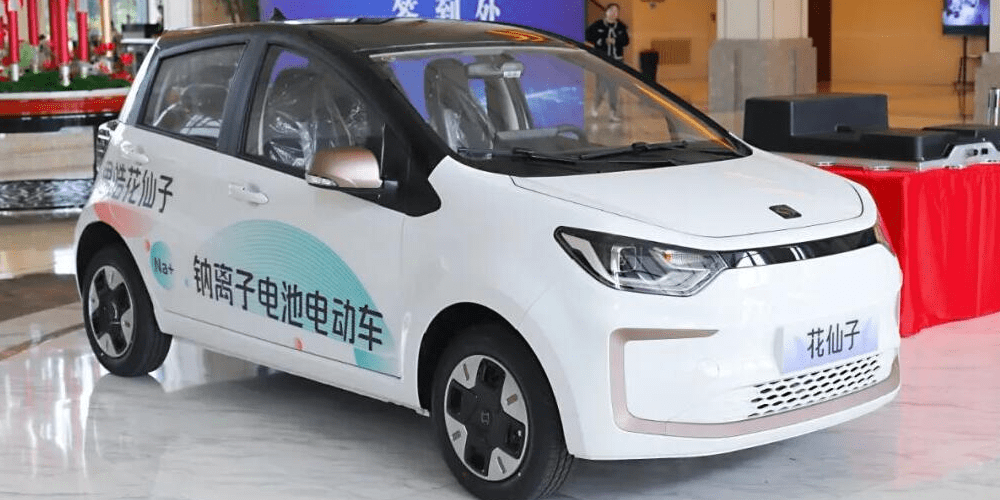Hina launches sodium-ion battery tests in vehicles
In China, sodium-ion batteries are being used on a limited test basis in an electric car for the first time. The relatively unknown battery manufacturer Hina Battery presented three sodium-ion battery cell types and announced a partnership with the car company JAC.
Hina Battery and Sehol, a joint venture between JAC and Volkswagen Anhui, have jointly built a sodium-ion battery test vehicle based on the Sehol EX10 small electric car. The test vehicle has a battery pack with a capacity of 25 kWh and an energy density of 120 Wh/kg. The model has a range of 252 km according to Chinese standards and supports fast charging up to 4C. The battery pack uses sodium-ion cells with an energy density of 140 Wh/kg.
Hina Battery was founded in 2017 and launched its first sodium-ion battery in the same year. At the end of 2022, Hina Battery started its first GWh-scale sodium-ion battery production line.
The Chinese company took to WeChat to provide some background: “We judge that the application of sodium-ion batteries in the new energy vehicle market will start with the A00-class EVs, which is why we chose a model like the Sehol EX10 for our installation trials,” the company wrote. Hina hopes to further develop the battery and sees potential to use it in mid- to large-size electric vehicles in future.
Until now, sodium-ion batteries have mainly been used in electric two-wheelers and for stationary energy storage. In July 2021, Chinese battery giant CATL unveiled the first generation of sodium-ion batteries developed by the company and announced that it would establish a supply chain for the new technology by 2023. In November 2022, there was a rumour, which was promptly denied shortly afterwards, that BYD intends to start mass production of sodium-ion batteries for electric cars.
Sodium-ion batteries are now also being explored in other areas, such as for emissions-free aviation, as United Airlines invested in Natron Energy for that purpose in December last year.





0 Comments